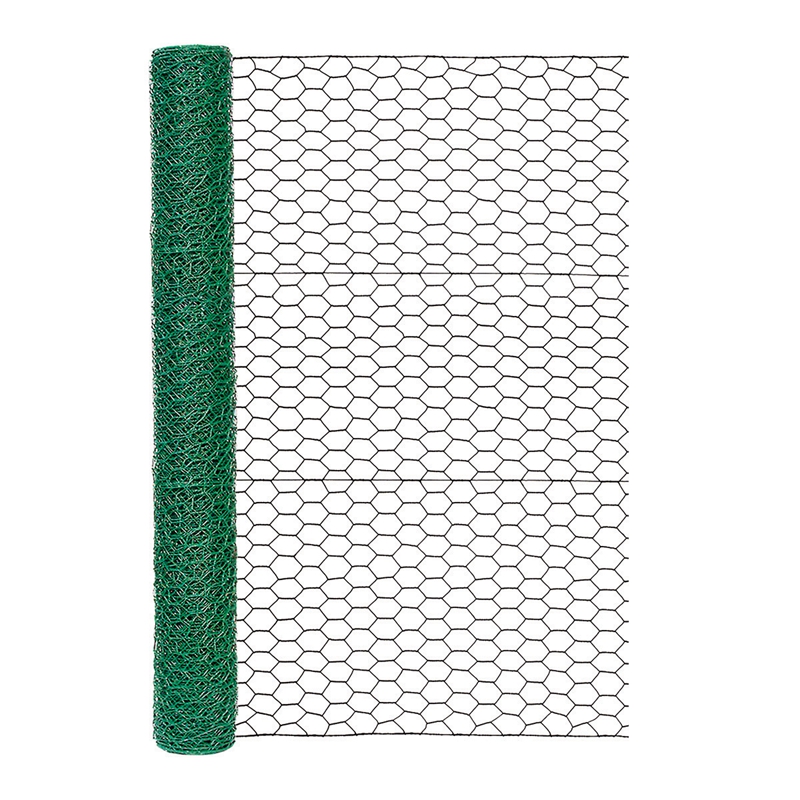Durable Wire Mesh for Chicken Coops and Poultry Enclosures
Каст . 01, 2024 06:52
The Essential Guide to Chicken Coop Mesh Wire
When it comes to building a chicken coop, selecting the right materials is crucial for the safety and well-being of your flock. One of the most important components of any coop is the mesh wire. This seemingly simple element serves multiple functions, from providing security against predators to ensuring ventilation and visibility. In this article, we'll explore the significance of chicken coop mesh wire, its various types, and tips for installation.
Why Choose the Right Mesh Wire?
The primary purpose of mesh wire in a chicken coop is to protect your chickens from predators. Raccoons, foxes, hawks, and other wildlife can pose a significant threat to your flock, and using sturdy, reliable mesh wire is crucial. The right mesh can prevent these predators from gaining access to your chickens while also offering enough visibility for you to monitor their well-being.
Moreover, mesh wire aids in ventilation. Chickens produce a considerable amount of waste, and proper airflow is essential to maintain a healthy environment within the coop. Good mesh allows fresh air to circulate while still preventing unwanted pests from entering.
Types of Mesh Wire
There are several types of mesh wire available for chicken coops, each with its unique benefits and drawbacks
1. Hardware Cloth This is a popular choice among chicken keepers. Hardware cloth is made of galvanized steel and comes in various mesh sizes, typically 1/4 inch or 1/2 inch. It's incredibly strong, providing excellent protection against small predators and offering durability that can withstand harsh weather conditions. However, it can be a bit more expensive than other options.
2. Chicken Wire While this is often the go-to choice for many backyard farmers, it's essential to note that chicken wire is not as durable as hardware cloth. It can keep chickens in but is not effective against predators like raccoons and dogs. If you choose chicken wire, it's best used in combination with another more robust material for the lower sections of the coop.
chicken coop mesh wire

3. Welded Wire Fencing This type consists of heavy-duty welded wire that provides sturdiness similar to hardware cloth but may be available in larger mesh sizes. This fencing is resistant to rust and offers good visibility. However, it’s necessary to check the size of openings to ensure small pests can't squeeze through.
4. Electrified Fencing For those wanting an added security layer, electrified wire fencing can deter even the most determined predators. When installed properly, it can be used along with other types of mesh wire to offer peace of mind.
Tips for Installation
When installing mesh wire for your chicken coop, consider the following
- Depth and Height Bury the wire at least 12 inches underground to prevent burrowing animals from digging their way in. Additionally, ensure the mesh extends at least 6 feet high to keep chickens safe from aerial predators.
- Secure Edges Make sure all edges of the mesh wire are secured snugly against the coop frame. Use staples or clips designed for outdoor use to prevent any gaps.
- Check for Wear and Tear Regularly inspect the mesh wire for any signs of damage or rust. Prompt repairs can save you from potential future losses.
Conclusion
Choosing the right chicken coop mesh wire is fundamental in creating a safe, healthy environment for your chickens. Whether you opt for hardware cloth, chicken wire, welded wire, or a combination of these options, take the time to analyze your specific needs and local predator threats. With the right mesh wire and proper installation, you can enjoy the benefits of keeping chickens while ensuring their safety and well-being. Happy farming!




















